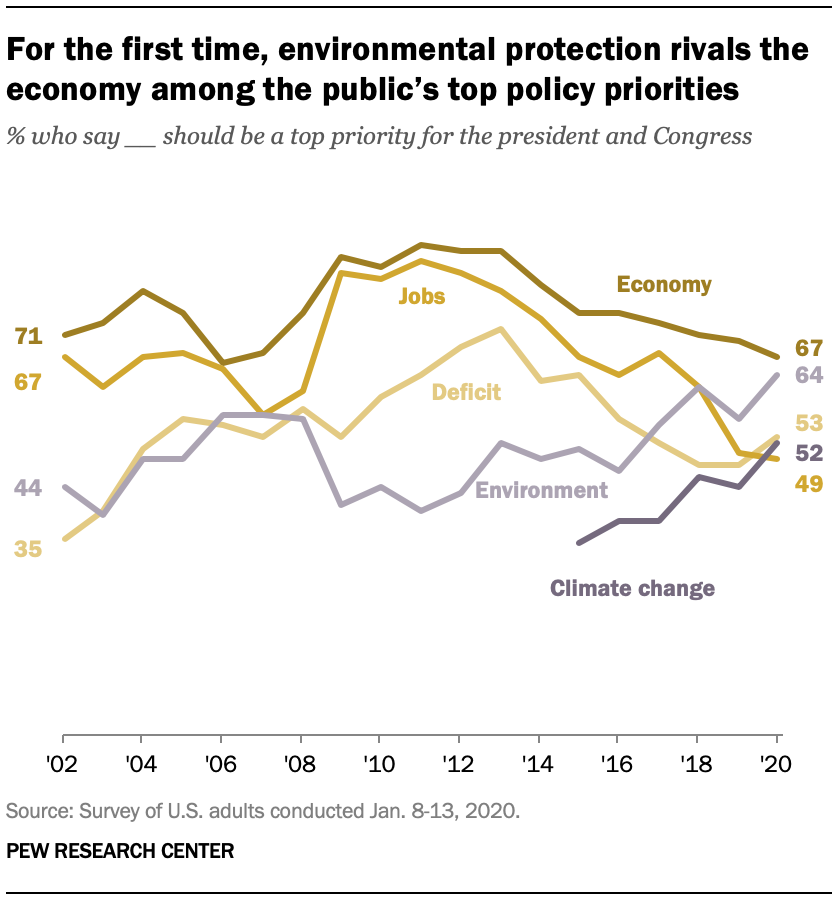
Introduction:
As global economic landscapes undergo fluctuations, concerns about economic decline become paramount. In this article, we navigate the complexities surrounding Economic Decline Concerns, examining their root causes, potential impacts, and strategies individuals and businesses can employ to navigate these challenging times.
Understanding Economic Indicators:
Economic decline is often signaled by various indicators. From declining GDP to rising unemployment rates, understanding these economic indicators is crucial. In times of uncertainty, individuals and businesses need to stay informed about economic data to make informed decisions.
Impact on Employment and Job Markets:
One of the most pressing concerns during economic decline is its impact on employment. Companies may resort to layoffs, hiring freezes, or reduced working hours. Job markets become competitive, making it challenging for individuals to secure stable employment. Navigating this landscape requires individuals to enhance their skills and adapt to changing job market dynamics.
Financial Markets and Investments:
Economic decline inevitably affects financial markets, causing fluctuations in stock prices and investment portfolios. Investors need to reassess their strategies, considering safer investments and diversifying portfolios. Understanding market trends and consulting financial experts can be valuable in mitigating potential financial losses.
Small Businesses and Economic Downturns:
Small businesses often bear the brunt of economic decline, facing challenges such as reduced consumer spending, tighter credit conditions, and supply chain disruptions. Entrepreneurs must adopt resilience strategies, including cost-cutting measures, exploring new revenue streams, and leveraging digital technologies to maintain business continuity.
Government Policies and Stimulus Packages:
Governments play a crucial role in addressing Economic Decline Concerns. Policymakers may implement stimulus packages, monetary policies, or fiscal measures to stimulate economic recovery. Understanding these government initiatives is essential for businesses and individuals to leverage available support and navigate economic challenges.
Consumer Confidence and Spending Habits:
Consumer confidence is a key driver of economic activity. During periods of economic decline, consumer spending tends to decrease as uncertainty looms. Analyzing consumer behavior, businesses can adjust marketing strategies, offer incentives, and adapt to changing preferences to maintain a steady flow of revenue.
Global Economic Interdependencies:
In an interconnected world, the global economy is interdependent. Economic decline concerns in one region can have ripple effects worldwide. Understanding global economic interdependencies is crucial for businesses engaged in international trade, as well as individuals managing investments across borders.
Link to “Economic Decline Concerns” for In-Depth Insights:
For a more comprehensive exploration of Economic Decline Concerns, including detailed insights and resources, visit keozanara.my.id. This resource provides valuable information to individuals and businesses navigating economic uncertainties and seeking strategies for resilience.
Debt Management Strategies:
During economic decline, managing personal and business debts becomes pivotal. Individuals should assess their financial obligations, explore debt consolidation options, and negotiate with creditors if needed. Businesses may consider refinancing, renegotiating terms with suppliers, and exploring government-backed relief programs.
Diversification and Resilience Planning:
Diversification is a key strategy for navigating Economic Decline Concerns. Businesses and individuals alike should diversify income streams, investment portfolios, and revenue sources. Resilience planning involves scenario analysis, preparing for potential economic downturns, and implementing strategies that ensure sustainability in the face of uncertainties.
Conclusion:
Economic decline concerns are inherent in the cyclical nature of economies. Navigating these concerns requires a proactive and strategic approach. By understanding economic indicators, adapting to shifts in employment and financial markets, and leveraging government support, individuals and businesses can not only weather economic downturns but also position themselves for recovery and future success.


